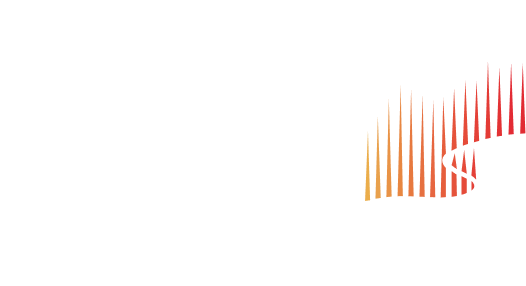The VICTORY Trial
Principal investigator(s):
Nirav Thacker and Uri Tabori
Pediatric low-grade gliomas (PLGG) are the most common type of childhood brain tumour comprised of several distinct tumour subtypes, and account for approximately one third of all childhood brain tumours. PLGGs lack aggressive biological features, grow slowly and often have a good prognosis if completely removed via surgery. However, they often arise deep in the brain or in close proximity to vital structures, including the optic pathways and brainstem, which makes their complete surgical removal difficult.
As a result, children with unresectable or recurrent PLGGs often require additional therapy. . While radiation therapy was historically the standard of care, chemotherapy has become the preferred first-line treatment in recent years due to concerns about long-term radiation-induced toxicity in children. . Several different chemotherapy regimens are currently used, but the 5-year event-free survival (EFS) rates with these regimens are in the range of 40% and most children ultimately require several lines of chemotherapy. These prolonged/multiple treatment courses are associated with significant morbidity resulting in major impacts on the development and overall quality of life of these patients. Therefore, Therefore, there is a critical need for more effective and less toxic treatment options for this large patient population
The activation of the RAS/RAF/MEK/ERK kinase pathway has been identified among nearly all PLGGs, regardless of their biological structure. Therapies targeting this pathway have been successfully used in recurrent PLGG patients and the response rates observed in recently reported early-phase trials are promising. However, tumor progression upon discontinuation remains a significant challenge to stop therapy. The combination of RAS/RAF/MEK/ERK kinase pathway inhibitors and chemotherapy have shown favourable synergy and non-overlapping toxicities in pre-clinical models and, therefore, may present a novel treatment option for children with PLGGs.
The Canadian-led VICTORY trial is a pilot, multi-centre, open-label trial that uses this novel strategy to combine chemotherapy and targeted therapy to test if it is not only safe but also increases efficacy. The trial aims determine the maximum tolerated dose of Vinblastine, a chemotherapy, with Tovorafenib, a novel RAF inhibitor not currently available to pediatric cancer patients in Canada with recurrent PLGGs. The trial will also assess the efficacy of this combination but looking at overall response rate and progression free survival in children with recurrent or progressive PLGGs.
The trial team is committed to facilitating the participation of every eligible child in this trial. This will be done by involving a minimum of nine Canadian centres and integrating the use of satellite sites, where possible, to minimize travel time for patients and families, aiming to enhance outreach to communities and minorities historically underrepresented in clinical trials.
For more information, please contact Tricia Schneider.
Principal investigator(s):
Nirav Thacker and Uri Tabori
